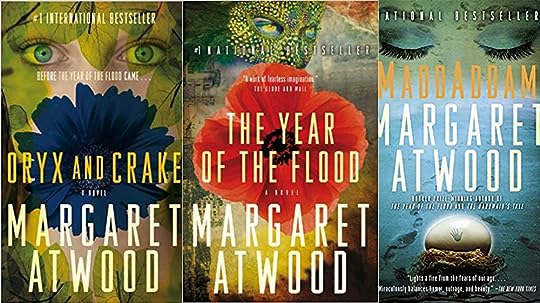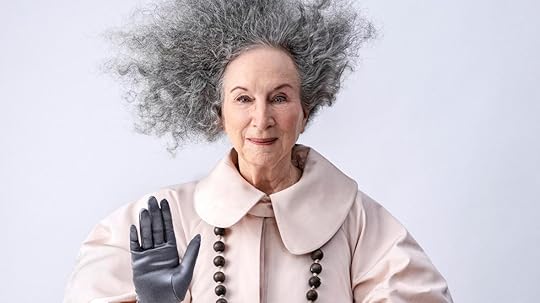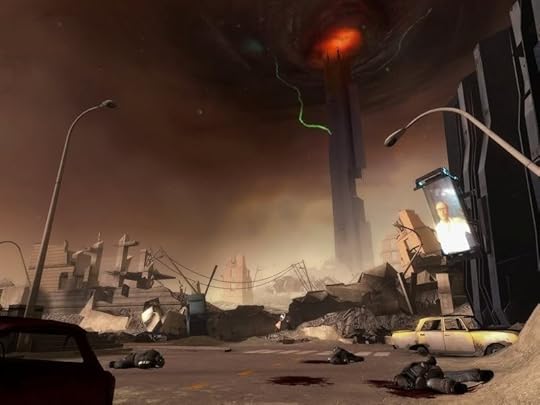What do you think?
Rate this book


416 pages, Hardcover
First published August 29, 2013



Rebecca’s having a cup of what they’ve all agreed to call coffee.
Daytime becomes irrelevant. You can get careless, you can overlook details, you can lose track. These days she’ll find herself upright, in the middle of the room, one sandal in her hand, wondering how she got there; or outside under a tree, watching the leaves riffle, then prodding herself: Move. Move now. Get moving. You need to …. But what exactly is it that she needs to do?
